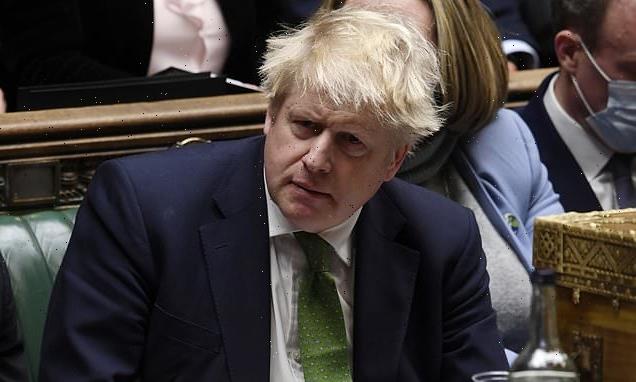Labor leader Anthony Albanese has gained an edge over Prime Minister Scott Morrison on climate change policy ahead of the next election, with 37 per cent of voters backing the Labor target to cut carbon emissions while 22 per cent prefer the government goal.
The Labor target also has stronger support on the policy in the most crucial federal electorates, with 41 per cent of voters in marginal seats backing the more ambitious cuts to greenhouse gas emission compared to 21 per cent who prefer the government stance.
But the findings also show significant support for Greens leader Adam Bandt and his policy for a much faster transition from fossil fuels, an idea backed by 24 per cent when respondents were asked about four main policy options being put to the election.
The exclusive results in the Resolve Political Monitor, conducted for The Sydney Morning Herald and The Age by research company Resolve Strategic, are based on questions about the targets set by the Coalition, Labor, the Greens and Pauline Hanson’s One Nation.
The results come six weeks after Mr Albanese revealed his goal to reach net zero emissions by 2050 and reduce emissions by 43 per cent by 2030, a higher interim target than the government took to the Glasgow climate summit last year.
Labor will go to the election with a pledge to legislate the target and spend $24 billion on energy policies including an upgrade of the national electricity grid, while also using an existing “safeguard mechanism” to require big emitters to cut their carbon output.
Labor leader Anthony Albanese’s climate policy has won an edge over the Coalition in the Resolve Political Monitor.Credit:Matthew Absalom-Wong
Mr Morrison has claimed the Labor target would be an “opening bid” because the Greens would demand a higher goal, but Mr Albanese ruled out a negotiation with the Greens on the 43 per cent policy if he took power at the election.
The Prime Minister committed the government last October to net zero emissions by 2050, overcoming objections from Nationals leader Barnaby Joyce but gaining support from Liberals in urban electorates who wanted a more ambitious policy.
The government kept its longstanding interim target, to cut emissions by 26 to 28 per cent by 2030, and confirmed this at the Glasgow summit but also said its forecasts showed it could achieve a 35 per cent target by that year.
The Resolve Political Monitor was conducted from January 11 to 15 and asked 1607 voters their views in online questions put in a random order to avoid a “donkey vote” with the results. The results were based on a representative sample of the wider population with a maximum margin of error of 2.5 per cent for the national figures.
The first question told voters of the four policy options and asked which one they would prefer, without elaborating on the funding details or mechanisms and focusing on the targets as well as the Coalition forecast.
The results showed 16 per cent support for the Coalition target and forecast, 18 per cent support for the Labor target and 24 per cent for the Greens.
Asked about the One Nation policy of withdrawing from international climate agreements and not setting a binding target, 10 per cent of respondents backed the approach.
Another 21 per cent said they were unsure while 10 per cent said they did not support any of the policies.
Seeking to confirm support for the two major parties that could form government, the survey narrowed the choice and found that 37 per cent backed the Labor target and 22 per cent preferred the Coalition.
While the differences largely reflected party loyalty, 10 per cent of Coalition voters backed the Labor target while 8 per cent of Labor voters backed the Coalition target.
Another 23 per cent were unsure or said both policies were acceptable, while 18 per cent said they did not support either policy.
Fascinating answers to perplexing questions delivered to your inbox every week. Sign up to get our new Explainer newsletter here.
Most Viewed in Politics
From our partners
Source: Read Full Article



